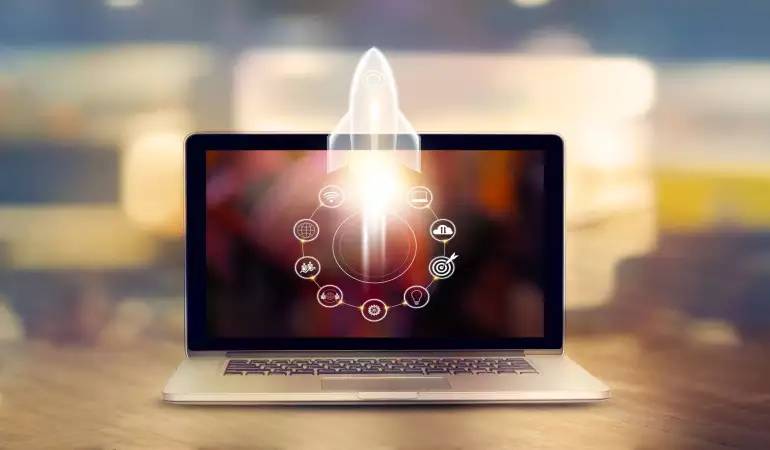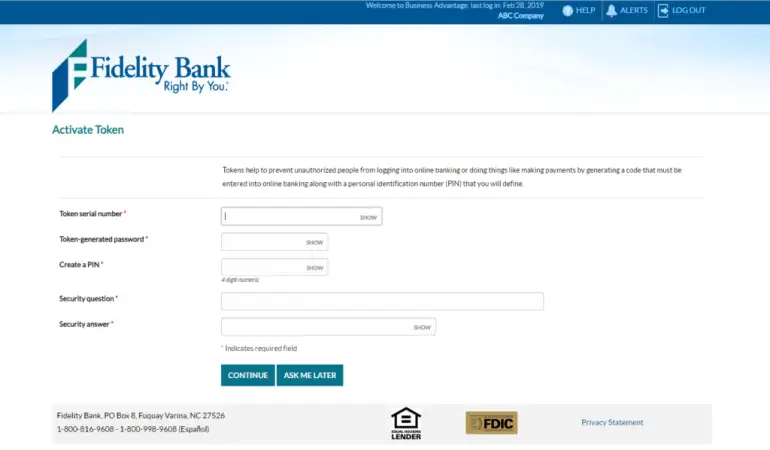How to Speed Up Your Computer - Step-by-step Guide
Do you feel like your computer is getting slower by the day? If so, follow these tips to learn how to make your computer faster and improve its performance.
October 04, 2023 05:52
Computers are an integral part of our daily lives, aiding us in work, entertainment, and communication. Over time, they may start to lag or become sluggish, which can hinder our productivity.
We understand the frustration of a slow computer, and we're here to help. Follow our comprehensive step-by-step guide to breathe new life into your machine.
Procedures on How to Speed Up Your Computer
1. Clear Your Hard Drive
A cluttered hard drive can significantly slow down your computer. Freeing up space can provide an immediate boost in speed.
Delete Unnecessary Files: Start by getting rid of old downloads, duplicate files, and unused applications.
Uninstall Unused Software: Software that you no longer use can take up valuable space. Head to Control Panel > Programs and Features, select the software, and click 'Uninstall.'
Use Disk Cleanup Tool: For Windows users, the built-in Disk Cleanup tool can help remove temporary files, system cache, and more. Search for 'Disk Cleanup' in the Start menu to use this tool.
2. Optimize Your Startup Programs
The more programs that launch on startup, the longer it takes for your computer to boot.
Manage Startup Programs: For Windows, open Task Manager (Ctrl+Shift+Esc) and click on the 'Startup' tab. Here, you can disable non-essential programs from starting up when you turn on your computer.
3. Update Your Operating System and Drivers
Keeping your system up-to-date ensures you have the latest bug fixes and performance improvements.
Check for OS Updates: Regularly check for system updates. For Windows, go to Settings > Update & Security > Windows Update. For macOS, open the Apple menu and select 'About This Mac' > 'Software Update.'
Update Drivers: Outdated drivers can affect your computer's performance. Ensure all drivers, especially for your graphics card and chipset, are up-to-date.
4. Defragment and Optimize Drives
Over time, files on your hard drive get fragmented, leading to slow performance. Defragmentation rearranges these files for quicker access.
Use Defragment Tool: Windows users can search for 'Defragment' in the Start menu and use the built-in tool. Note: If you're using an SSD, skip this step as defragmentation can reduce its lifespan.
5. Upgrade Your Hardware
If you've tried all the software solutions and still face issues, it might be time for a hardware upgrade.
Increase RAM: Adding more RAM can provide a noticeable boost in performance, especially if you run multiple applications simultaneously.
Switch to SSD: Solid State Drives (SSDs) are faster than traditional Hard Disk Drives (HDDs). Consider upgrading to an SSD for faster boot times and application launches.
6. Install a Good Antivirus and Malware Scanner
Malware and viruses can significantly slow down your computer. Regular scans ensure your system remains clean.
Choose a Reputable Antivirus: There are many antivirus solutions available. Opt for one with high detection rates and low system impact.
Perform Regular Scans: Schedule periodic full-system scans to ensure no malicious software is slowing down your machine.
7. Modify Power Settings
Your computer's power settings can affect its performance.
High Performance Mode: For Windows, go to Control Panel > Hardware and Sound > Power Options and select 'High Performance.' This setting maximizes speed at the cost of higher energy consumption.
8. Reduce Animations and Special Effects
While animations enhance the visual appeal, they can slow down your system.
Adjust Performance Settings: On Windows, right-click on 'This PC,' select 'Properties' > 'Advanced system settings' > 'Settings' under Performance. Choose 'Adjust for best performance' to disable unnecessary animations.
9. Clear Browser Cache and Temporary Files
Web browsers store temporary data that can accumulate over time, causing sluggishness.
Regularly Clear Cache: Depending on your browser, navigate to the settings or options menu and find the option to clear browsing data or cache.
10. Regularly Restart Your Computer
Simple yet effective. Regularly restarting your computer can clear out temporary files and give a slight performance boost.
By following these steps diligently, we believe you'll experience a faster and more responsive computer. Whether it's for gaming, work, or general use, a quick and efficient system can significantly enhance your computing experience.











